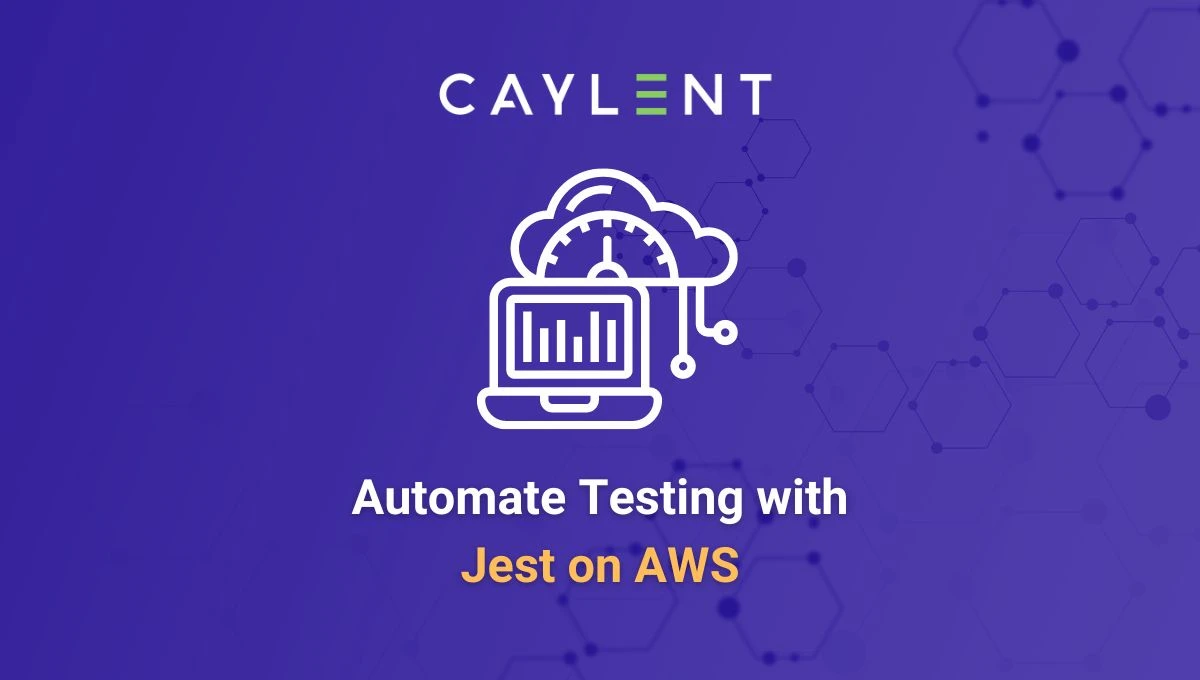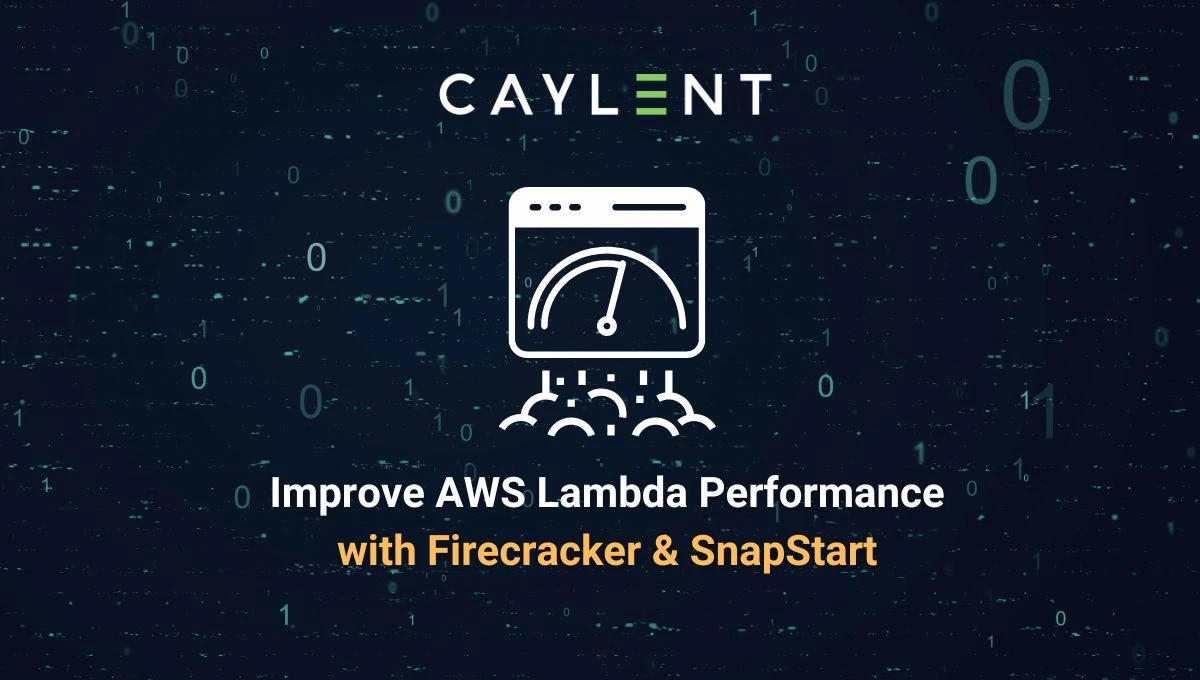
Caylent Services
Cloud Native App Dev
Deliver high-quality, scalable, cloud native, and user-friendly applications that allow you to focus on your business needs and deliver value to your end users faster.
A scaling startup needs more computational resources to efficiently keep up with all business needs. Compare services like Heroku vs. AWS to make an informed decision.
According to Arcserve and Cybersecurity Ventures’ ‘The 2020 Data Attack Surface Report’, there will be over 200 Zettabytes of data on the cloud by 2025. Cloud service providers such as AWS and Heroku are playing a huge part in this exponential increase in cloud usage. Compare the two providers in this Heroku vs. AWS piece to make an informed decision for your scaling startup.
Popular market leader AWS offers a broad range of cloud services and facilities to their customers, and Heroku is well-known for its performance and comparatively easy deployment. The major difference between both these providers is that Heroku is limited to being a pure PaaS (Platform as a Service) model while AWS offers much more comprehensive services for building, maintaining, and running complete cloud infrastructure providing PaaS, IaaS, and SaaS services.
Heroku is a great platform designed to support startups and medium-sized businesses. However, AWS infrastructure is optimal for all business sizes, though especially large-scale enterprises. The scaling startup may lean towards Heroku for a lighter learning curve but will likely move to AWS to extend performance, cost optimization, and AWS’ impressive global resources and network footprint. Here is a summarized guide so you can make your own informed decision though.
Heroku is a cloud application hosting platform that works on a PaaS model. Unlike AWS Elastic Compute Cloud, Heroku offers clear-cut services for its customers. The platform is suitable for productive startups who are looking for fast deployment and easy scaling.
Heroku customers do not have to worry about the infrastructure side of their application, and they can boost their sales development cycles without spending a lot of time setting up and managing infrastructure.
Advantages
Disadvantages
Is Heroku Recommended for Scaling Startups?
If you’re looking for easy deployment and scaling for your startup without worrying about the infrastructure side, Heroku is a feasible option. For the less tech-savvy startup, Heroku is an arguably reliable option because it is simple to set up, deploy and scale without needing a DevOps team.
However, for the startup experiencing vertical growth, Heroku may end up costing considerably more due to a larger number of Dynos containers. At this point, tech startups can look for more viable cloud hosting options.
AWS is an ocean of cloud service offerings with a future of services that keeps on giving, but three of its most popular services include Amazon Simple Storage Service (S3), Elastic Compute Cloud (EC2), and AWS Lambda. The platform works on the IaaS (Infrastructure as a Service) model where customers can build their own application infrastructures by using a comprehensive range of databases, management, analytics, and deployment services.
In comparison, Heroku only offers a small portion of services that are provided by AWS. Despite this, AWS Elastic Beanstalk is Heroku’s most obvious competitor as a PaaS service. AWS’ PaaS service is for startups and companies that are looking for fast and easy deployment processes without dealing with root technicalities.
Advantages
Disadvantages
Is AWS Recommended for Scaling Startups?
For scaling startups confronting an exponential increase in their computational needs, AWS is the more viable option. Begin with Beanstalk and leverage the necessary services to support major growth and scale. However, it might be suitable for startups to have a DevOps team to manage the infrastructure side of their application. From a performance perspective, AWS is an unbeatable platform, but it requires more technical expertise to deploy, maintain and run cloud environments successfully.
AWS and Heroku are both amazing cloud service providers and both are capable of handling the needs of a scaling startup. Yet, startups have to make the wise and sustainable decision to consider important factors for the future such as costs, maintenance time, and required skill sets to run the infrastructure.
It is important when making the decision on which cloud platform to choose that startups consider not only where they are today, but where their business will be in the coming months and years. While Heroku can be initially attractive due to its simplicity, scaling startups ultimately find that they outgrow the platform and begin the process of migrating to AWS, which better meets their needs. It is more ideal then to begin the AWS learning curve earlier in your startup lifetime rather than face a major migration headache at a critical business stage later.
References
Cybersecurity Ventures. (2021). The 2020 Data Attack Surface Report. Arcserve. Retrieved from https://cybersecurityventures.com/the-world-will-store-200-zettabytes-of-data-by-2025/
Caylent is a cloud-native services company that helps organizations bring the best out of their people and technology using AWS. We are living in a software-defined world where technology is at the core of every business. To thrive in this paradigm, organizations need to empower their people and processes through technology. Caylent is uniquely positioned to fuel that engine of innovation by bringing ambitious ideas to life for our customers.
Caylent works with customers to build, scale and optimize sophisticated cloud solutions using deep subject matter expertise to deliver world-class outcomes through an agile co-delivery model.



Improve your AWS Lambda performance with smart concurrency strategies. See how multithreading and multiprocessing cut costs and improve speed.

Learn how to automate testing and safeguard your JavaScript apps using Jest with AWS CodeBuild and CodePipeline.

Supercharge AWS Lambda cold start times by up to 90% by leveraging AWS Lambda SnapStart and Firecracker, helping you minimize latency without any additional caching costs.